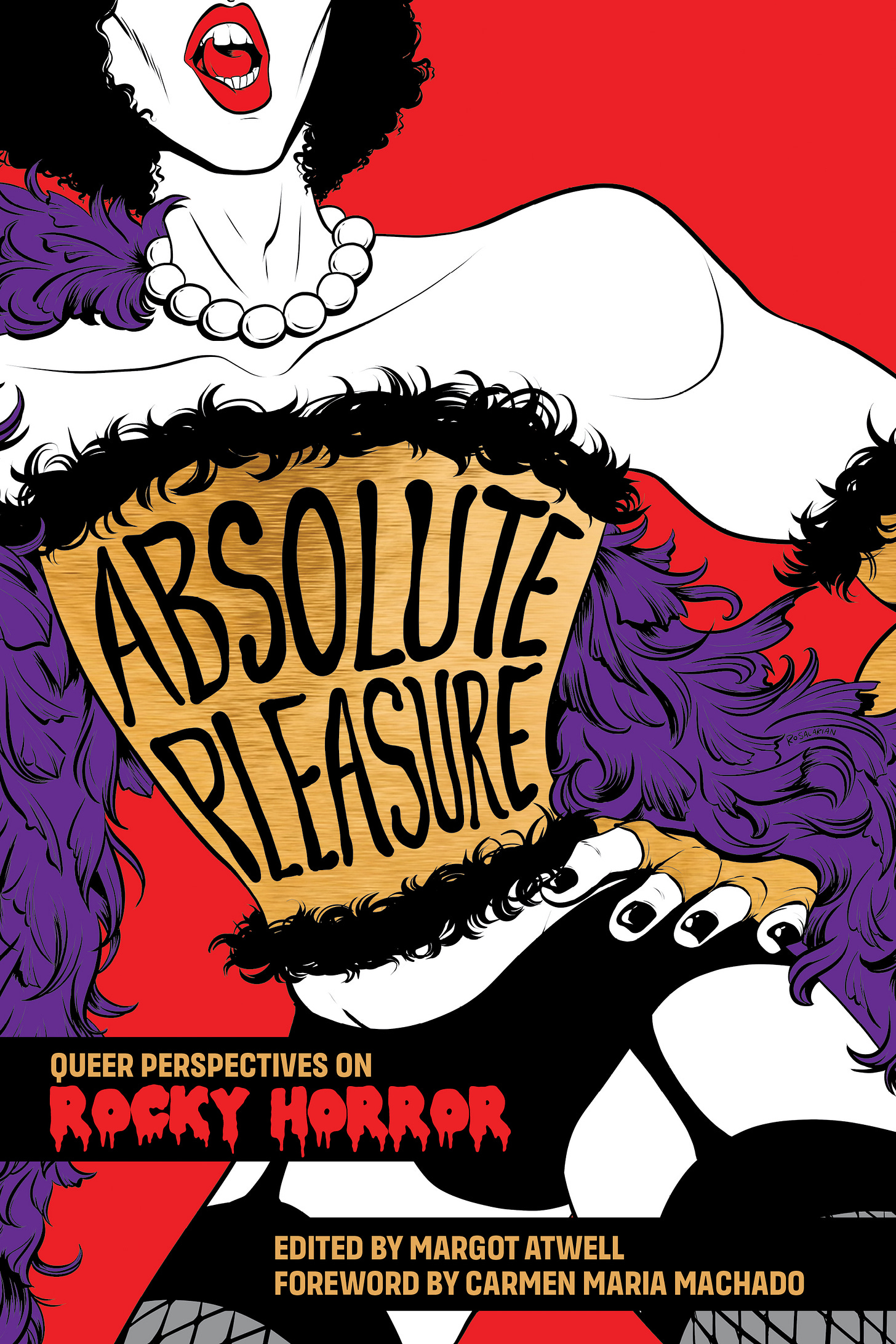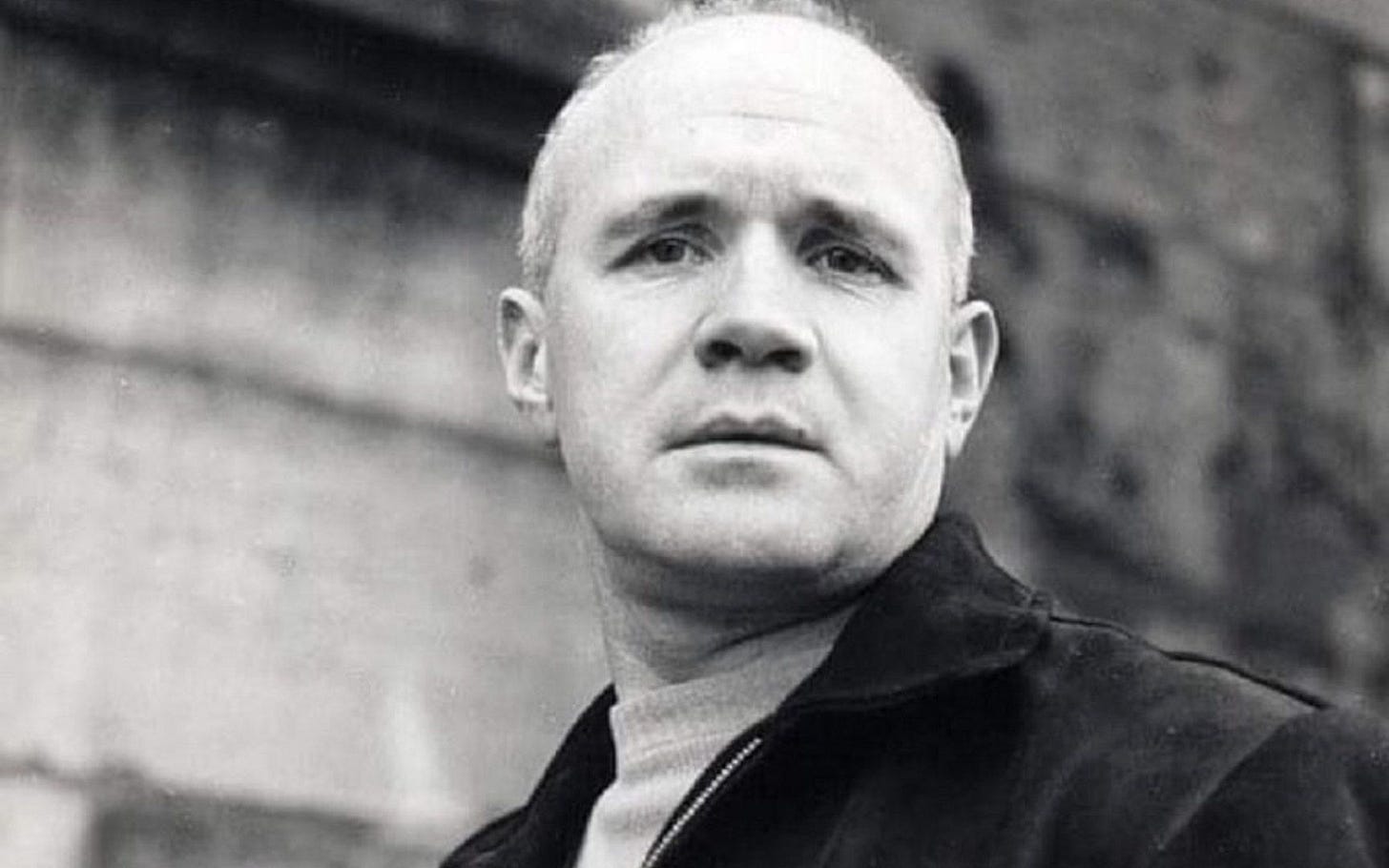So You're Also Never Buying A House
Dear Friends:
Ooooh this Shenny snuck up on me, what with the end of the semester and my general disinterest in doing anything for a while. But also, I’m full-steam-ahead on revising the memoir I finished back in March, which has been both a smack in the face on how fucking bad I can write sometimes, as well as a reminder of how fucking good I can be at writing sometimes.
It’s taken me years to get to where I understand this: drafting is horrible. Horrible! Very little of drafting this book has felt good. Every now and then an idea would hit for a move I could make in the chapter at-hand—I felt good about remembering a certain Pinocchio doll I had a child, to deploy thematically in chp 2—but then I’d need to ‘make it work’, the idea.
It just rarely ever worked.
For so much of this book on sex and shame, it’s been hard to figure out what I even could say, much less what I should. What do you need to know, and what’s just TMI perv garbage?
Here in revision, I don’t have memories I need to emotionally process or mine for detail or find the words for so much as I have a printed manuscript in front of me:
And I know what to do with a manuscript in front of me. I feel very good looking with cold compassion at a MS in front of me.
Yours:
Dave
Endorsements
1. Absolute Pleasure: Queer Perspectives on Rocky Horror
Last year, I got the honor to contribute to this anthology about a movie that has been, ever since I first watched it in 1991, a total lodestar in how to be a human. My essay is about my attraction shifting through the years from Rocky to Eddie to Frank, as I came to understand what sex was and invited us into. Editor Margot Atwell and the folks at Feminist Press have put together what looks like a very cool and very queer collection I can’t wait to get my hands on:
I speak from experience when I say that Rocky Horror Picture Show is one way young queers get their closet doors opened for them, and much of this happens through midnight screenings that still take place around the country. (I was 13 when I went to my first one.) To help tour this anthology around and help it reach its audience, Atwell has set up a Kickstarter campaign I hope you can help support. (You homos can even get a clack fan, just in time for summer.)
2. Jean Genet
‘Be gay, do crime’ is, yes, the rally cry of queer anarchists, but also a short and accurate biography of Jean Genet, who of course doesn’t need my endorsement. But Jesus can he can get it:
I read Genet in grad school, speedily, as part of my comprehensive exams, and recall very little, which for sure isn’t his fault. In the 16 years since, Genet’s popped up periodically in my reading, called some kind of queer thief-saint we all owe much to. (Sartres even titled his biography Saint Genet.) In April, I decided to embark on a Genet May, checking out The Thief’s Journal, Our Lady of the Flowers, and the Sartres from my school’s library. I’m only on page 40 of TTJ, with little to report other than Genet’s quick and honorable commitment to twinning homosexuality and criminality. I don’t yet know how it’ll be instructive, though I have some thoughts (stay tuned!), but I’m endorsing him here at the onset of the month in case anyone wants to Genet May with me.
So You’re Also Never Buying a House
Maybe twice a year, when the weather starts getting hot, I’ll notice the lights are on in the house next door, which for 50+ weeks of the year is empty. Usually, the person or people there will stick the end of their air conditioner exhaust tube out the window that faces our windows, and then a few days later there’s a garbage bag sitting in front of their two-car garage that the trash collectors won’t collect. It sits there until the coyotes tear into it.
Zillow tells me the home, a 1900-sqft 3-bed 3-bath, was assessed last year at $1,400,000.
Living next door to this house often feels great, because what hell to have neighbors you don’t like, and the best neighbor I can imagine is an absent one. But more often I feel anger. I mean F those brainless dirtbags. San Francisco, maybe you’ve heard, has so famous a housing shortage that its housing shortage has its own Wikipedia page. A whole house nobody wants to live in or rent or sell is a public menace.
Walk and bus around this city, doesn’t matter the neighborhood, and you see empty units everywhere. Just everywhere. One where I switch from the 35 bus to the 33 bus has been vacant for 2 years. I look up at the big picture windows, the blankness inside, and I wonder what world the landlord thinks we live in. As I type this, I’m looking out my window at a house that was gutted years back and nothing has been touched since. The windows are all half-open. Animals have made it their home now.
Zillow estimate: $1,750,000.
We rent our place, to say the obvious. We’ll rent to the day we die, unless we get out of this broken city. Or is it a broken country?1 Where does the problem lie?
Twenty-five years ago, I was a renter out on vacation with my family. Or maybe I was just home visiting? It was nighttime, us 5 Maddens sitting around outside talking, and somehow the talk came to home-ownership. I told everyone I couldn’t ever imagine buying a home: When would I ever have hundreds of thousands of dollars? Dad tried to explain about mortgages and down payments, but like: When would I ever have a ‘down payment’?
Shani, another renter, agreed with me. Owning homes was for the suburbs. If you wanted to live in a city, as I did, in Pittsburgh at the time, it’s like good fucking luck. ‘But you gotta build equity,’ Dad kept repeating. These were words coming from a man who used the Vietnam draft to get job skills he needed to climb into the middle class,2 which is to say he was privileged to grow up in a time when this country wanted such things for its citizens.
Now, not so much. Helping renters buy a home is too costly compared to helping landlords make money from owning homes plural. Was this always the way? The U.S. Census’s 2023 numbers count 143 million housing units out there for just 131 million households, so this can’t be a supply issue. Or it must be? What else are we short of in a housing shortage? Fewer than 2 million of our housing units are classed as second homes, I read, but that number just seems low.
The end of this anecdote is that, 25 years later, Shani owns a condo that gives her rental income. (She’s also a realtor now in the District of Columbia.) Jenny’s also renting out the home she and her husband bought, while they rent their new home in Colorado. My sisters are both doing it, building that equity. I’m paying rent checks to a company in Stockton with a 2.2/5 score on Yelp, praying that whoever owns this house doesn’t sell it.
Conservative, pro-business types insist that high rents and homelessness stem from not building enough housing. There is very much a supply issue, the YIMBYS argue. If it’s true, and if building housing is going to be so costly in California that developers won’t bother unless it’s luxury homes,3 then one quick solution might be to make it disadvantageous for landlords to keep their rental units empty.
Stop sitting on those units, waiting for costs to come down to renovate it for greater income. Fill those homes with people who need homes. In 2022, we San Franciscans passed a tax that would charge homeowners $2,500 per 1,000-sqft per year for units that sat vacant for six months or longer. That tax was slated to go in effect last month, but after rampant lobbying by landlord groups, it got struck down by a SF Superior Court judge.
In this broken city, or maybe this broken country, it’s apparently unconstitutional to impel people who own excess homes to rent them to people who need homes. Landlords should be able to do whatever the hell they want with their homes—even, especially, hoard them from those who need it.
Apparently fewer of us do. Homeownership is up since the pandemic, mostly among young people, did you know that? I sure didn’t. But then again I live in a city where the median home price is $1.4 million.4
I don’t give a shit about building equity (sorry, Dad). That’s not what this Main Matter is about. If we wanted to build equity, N & I could afford an 850-sqft condo in a building somewhere in town, provided we were ready for our home payment to nearly double to $5,700/month.
So if it’s not equity, what does owning a home mean to me? Stability. Security. Putting down roots. Investing in a place. Hard to really ever feel like ‘A San Franciscan’, even after 13 years here, because that’s the thing about renting: your home is never really your own. Someone can just decide to kick you out.
Despairing, I think about the estimated $38 million the vacancy tax would’ve pulled in each year. Half of it would have gone to housing subsidies to low-income folks. Subsidies—where cities pay landlords the difference between what they believe they deserve and what’s 30% of their tenant’s income—is a proven way to get homeless folks rehoused. Homelessness and inequality are policy issues not economic trends.
Instead, market folks want to build more housing that we only arguably need, with an unhoused population of 8,300 people and an estimated 60,000 empty units in the city. The problem isn’t that we don’t have housing, it’s that too few can afford the housing they need. By paying fairer taxes, San Francisco homeowners can end homelessness.5 They just refuse to.
What are we short of in a housing shortage? Compassion, probably. Imagination. New ideas. BTW, the judge who struck down the vacancy tax we voted for is named Charles F. Haines. He makes $222,000 a year and is as ancient as this hill I’ll die on:
He also struck down a 10-day waiting period before serving eviction notices, helping landlords kick people out more quickly. Haines’s term is up in 2027. Here’s to kicking the right people out, together.
This week’s thing I didn’t buy at the antique store is this $22 empty bottle of California Home catsup, made in San Francisco:
Well yeah, look at the presidency.
With every passing day I admire my parents more and more for the work they put in, born working class, to give their kids a middle-class upbringing.
In 2014, building 100 affordable housing units in CA cost $425,000 per unit.
Yes, I chose to live in this city, but the other options I had for my job (Tuscaloosa, Columbia, Richmond) also weren’t paying the kind of salaries that would’ve afforded a home purchase.
Not enough time to get into it, but California property taxes are levied on the home’s original sale price, not its current assessed value. So why wouldn’t you welcome inhumane housing prices?














